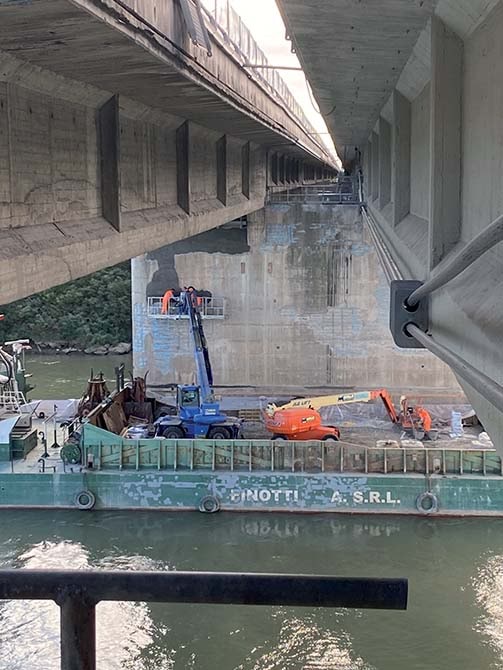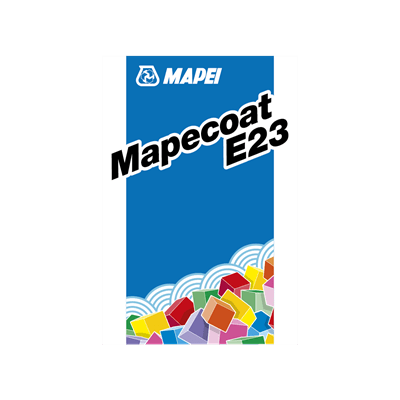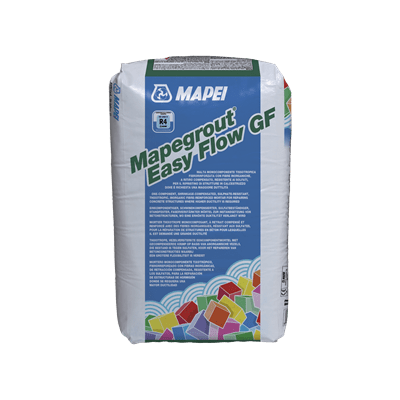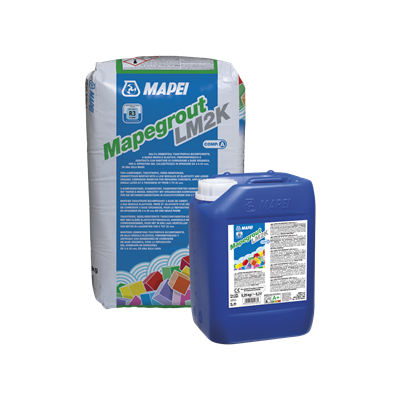
Bridge over the River Po along the A13 Motorway
This bridge built around 50 years ago was the focus of important strengthening and repair work
This bridge built around 50 years ago was the focus of important strengthening and repair work
Built in the 1960s and 1970s, the A13 Bologna-Padua motorway connects North-East of Italy to the important transit hub around Bologna in Central Italy. The A13 motorway is located along the Baltic-Adriatic Corridor and runs through the regions of Emilia Romagna and Veneto. Maintenance work started two years ago on the bridge crossing the River Po between Occhiobello and Ferrara Nord. The renovation and maintenance works were scheduled to start at the beginning of spring 2020 but, because of the pandemic, it was put back to April of the same year with a programme of works lasting around one year.
Areas of intervention: piles and deck
The Po Bridge is 1,800 m long and is located at point km 47+528 along the A13 Bologna-Padua motorway. It is made up of two separate carriageways, one heading north and the other heading south. Each carriageway is made up of 42 constrained spans sitting on piles and abutments. The spans are in various lengths of 32 m, 54 m and 67.20 m. Before carrying out the consolidation and strengthening work, the spans and piles were carefully surveyed to check their actual condition. The data collected from the bridge were put together and handed over to the client, a team of designers and the main contractor commissioned to carry out the work so they could put together a programme of works and decide on how to repair the areas in poor condition.
The data and site surveys, as well as the structural analyses, indicated that piles 21, 22, 23, 24, 25 and 26 were in need of repair works. The works were carried out by the company Divisione Cantieri Stradali under the guidance of Mario Iorio.
The first step was to prepare the substrate by mechanically removing all the areas in poor condition and then hydroblasting the entire surface to remove all the crumbling and detached areas. The reinforcing rods were then cleaned and treated with MAPEFER 1K one-component, anti-corrosion cementitious mortar. MAPEGROUT EASY FLOW GF fibre-reinforced, thixotropic cementitious mortar was applied with a rendering machine to repair concrete in the areas where a higher level of ductility was required. For the areas where particular thicknesses or forms needed to be reintegrated and that required the use of pre-dosed, free-flowing concrete, on the other hand, MAPEGROUT HI-FLOW B2 shrinkage-compensated, fibre-reinforced micro concrete was applied, as well as MAPEGROUT LM2K thixotropic cementitious mortar in layers from 3 to 20 mm thick. Chemical anchors were created using MAPEFIX EP 385 pure epoxy resin-based product for structural loads. Once all the work had been completed, MAPELASTIC GUARD elastic cementitious mortar was applied to provide concrete surfaces with long-lasting protection from aggressive atmospheric agents.
Repairs on the bridge deck
For the repairs on the bridge deck in correspondence with piles 22, 24, 25 and 26 along the south-bound carriageway and pile 24 along the north-bound carriageway, after mechanically removing all the deteriorated areas and hydro-blasting the surface to remove the crumbling and detached areas, the concrete on the bridge deck was repaired with MAPEGROUT LM2K and MAPEGROUT EASY FLOW GF. A complete product cycle was applied to protect the deck, involving MAPECOAT E23 epoxy primer followed by a coat of MAPECOAT PU33 polyurethane resin-based, flexible coating.
In 2020, for a previous tender, Mapei also supplied FRP strengthening materials which were applied on deck 23 south of the bridge. This also enabled samples of FRP materials to be taken from the site, which then underwent testing in the laboratory in order to accept the material, as per the requirements of MIMS (Ministry for Infrastructures and Sustainable Mobility) guidelines. Particular attention was also paid when verifying the safety data sheets for each single application of the materials used on site, in line with both the prescriptions of Italian Legislative Decree 81/08 and the requirements of the client, Autostrade per l'Italia SpA.













